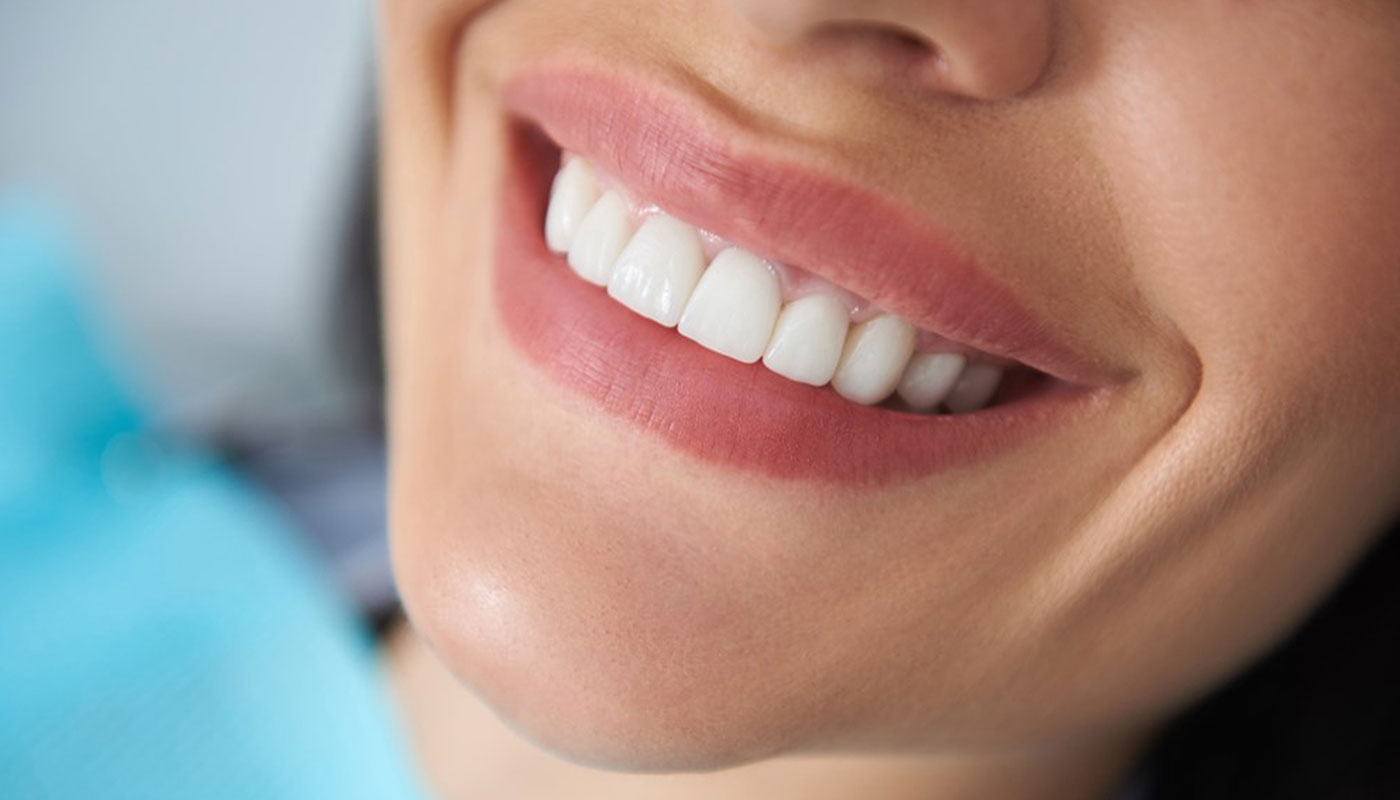Periodontal disease — also called gum disease — is an infection of your gums caused by bacterial growth present because of poor oral hygiene. Periodontal disease presents in two forms: gum inflammation called gingivitis and gum disease called periodontitis.
Gingivitis
Gingivitis causes your gums to become inflamed and to bleed easily. Gingivitis is an early form of periodontal disease that affects only the gums. It does not cause irreversible bone or tissue damage. Unchecked or untreated by a dentist near you, gingivitis can lead to a more serious form of periodontal disease — periodontitis.
Periodontitis
Periodontitis causes the inner layer of your gums and jaw bone to retract from your teeth. That retraction of bone and tissue produces pockets that allow plaque to grow and accumulate below the gumline. Those pockets also fill with debris and risk becoming infected. As the pockets caused by periodontitis deepen and infection advances, teeth lose their ability to anchor to the jaw. They become loose and eventually fall out.
What causes gum disease?
The most significant cause of gum disease is plaque that builds upon and around teeth as the result of poor oral hygiene. Other factors that can increase the risk and seriousness of gum disease include: hormonal changes, illnesses that undermine the immune system, diabetes, medications that decrease saliva production, smoking, and a family history of gum disease.
What are the symptoms of gum disease?
Periodontal treatment in Sherwood Park can be complicated by the fact that gum disease often emerges and progresses with very few symptoms. Your best defences against gingivitis and periodontal disease are a daily commitment to oral hygiene and regular dental checkups when your dentist in Sherwood Park will examine your teeth for any signs of gingivitis or periodontitis. The cluster of symptoms that might indicate the presence of gum disease include:
● Bleeding gums while you brush your teeth
● Gums that are tender, red, and swollen
● Teeth that seem to shift or that feel loose
● Shrinking or receding gums
● A bad taste in your mouth or persistent bad breath
● The development of pockets between your gums and teeth
● Changes to your bite or to the way that your dentures fit
Periodontal treatment in Sherwood Park
There are a broad range of treatments — surgical and non-surgical — treatments for gum disease. Your dentist in
Sherwood Park will explain all the options that are appropriate for the condition of your gums. Non-surgical options for treating gum disease include professional dental cleaning, scaling, and root planing. For many patients, those non-surgical options — coupled with a renewed commitment to oral hygiene and regular dental care — are enough to eliminate the symptoms and infection of gum disease.
Treatment may involve surgery if the tissues in your gums and around your teeth are so badly damaged or unhealthy that they can not be repaired otherwise. There are five forms of surgery that can effectively treat periodontal disease: pocket reduction surgery, bone grants, soft tissue grafts, guided tissue regeneration, and bone surgery. Periodontal treatment in Sherwood Park may also include medications, including antibiotics to deal with infection and antimicrobials to control plaque and gingivitis.
As effective as this range of treatments can be, gingivitis and serious periodontitis are preventable with some simple but intentional strategies. Brush your teeth and tongue after meals. Floss between teeth and along your gum line at least once daily. Rinse remaining food particles with mouthwash. Adjust your behaviour — smoking and diet, for example — to address your personal risk factors. Have your teeth professionally cleaned annually, in addition to twice-yearly dental checkups.
Your dentist in Sherwood Park is committed to helping you to avoid any experience of gingivitis or periodontitis. With a commitment to dental care and hygiene, you can avoid either condition. If you are experiencing any symptoms of gum disease, though, contact a dentist near you to ask for advice about the best treatment options for you. Periodontal treatment in Sherwood Park is most effective and least invasive when commenced as early as possible.
